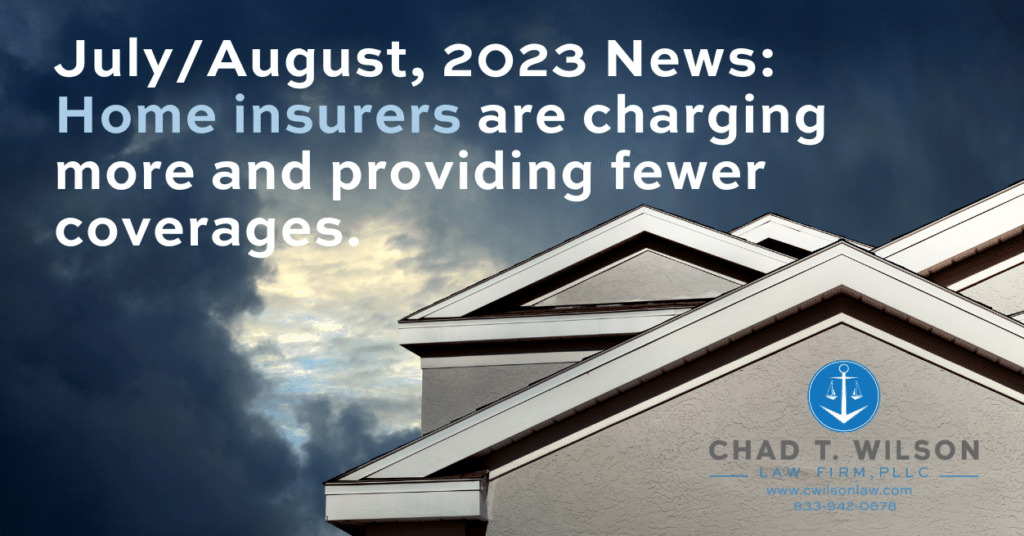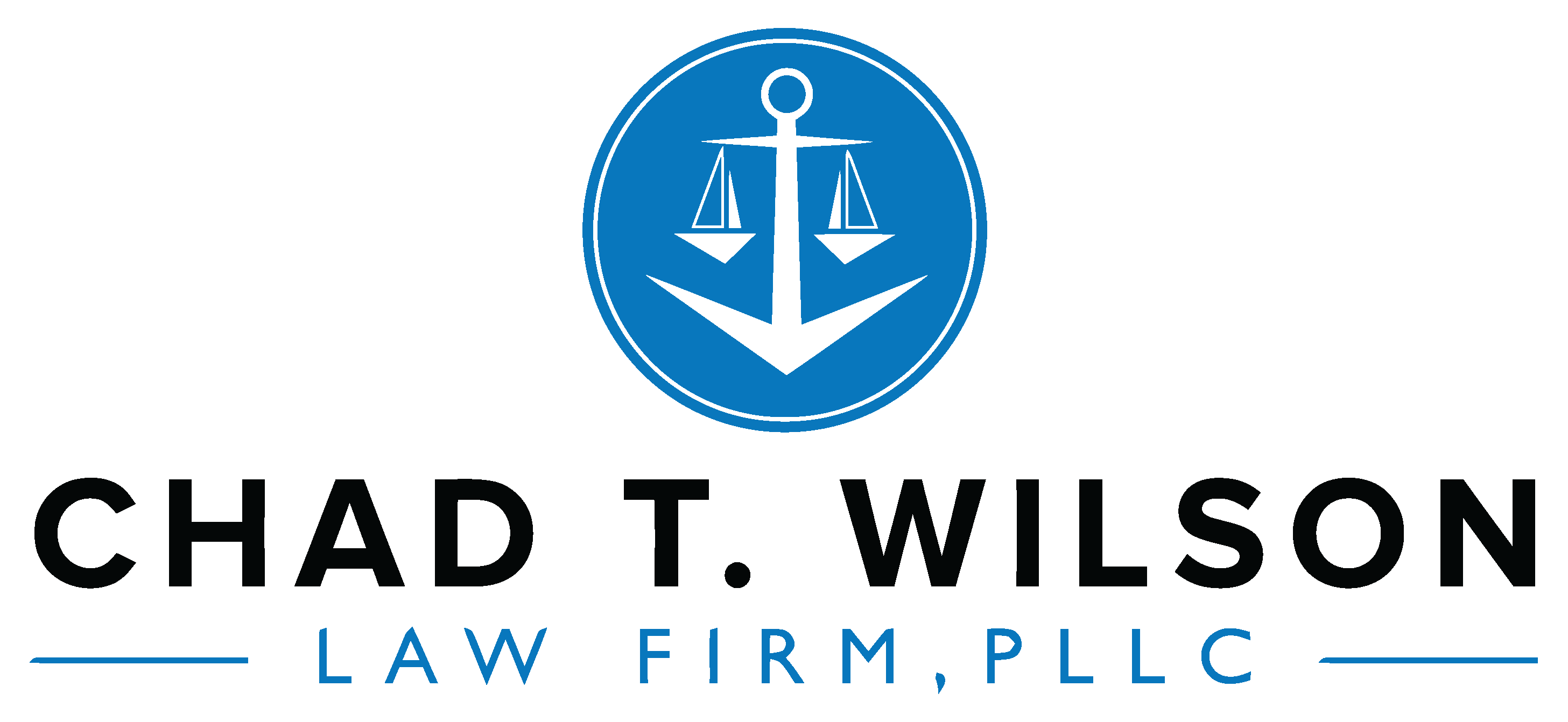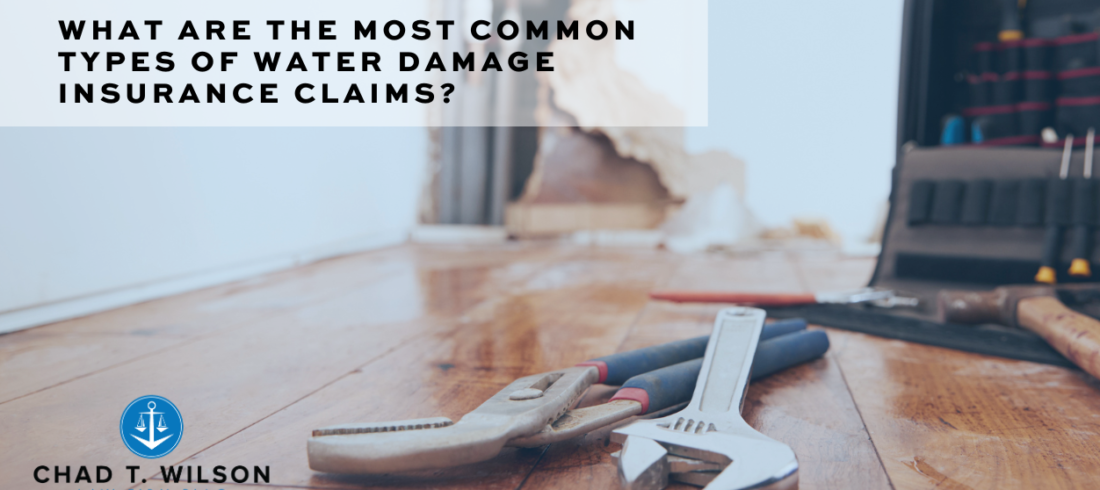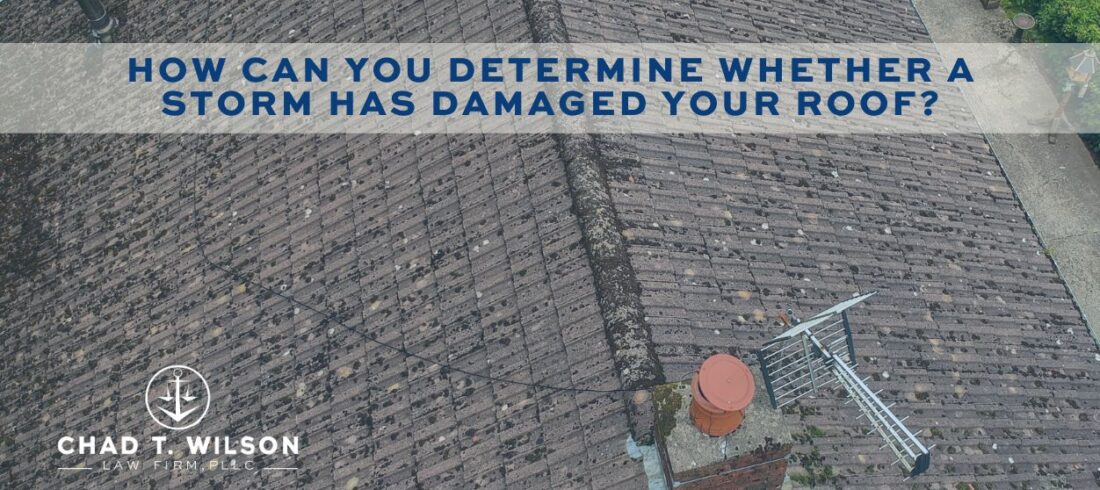Chad T. Wilson – News
August 15, 2023
Updated: August 15, 2023 02:20 p.m.
Source: wsj.com
Home insurers are charging more and providing fewer coverages. Travelers, a big home insurer, stated that a 19% hike in premiums was only one part of its “profit improvement” strategy

After years of losses due to hurricanes, fires, and inflation, the industry is attempting to recover. So, analysts and insurance brokers, home insurers are trying to recoup their losses from the previous six years by offering less coverage and charging more.
In addition to Florida, California, and other areas vulnerable to hurricanes, floods, or wildfires, managing director at the independent insurance company Goosehead Insurance Lauren Menuey noted that the trend toward greater costs and poorer coverage is widespread. “I don’t think there’s anywhere safe from this right now,” she remarked.
In the first half of this year, house insurance businesses continued to suffer losses. Storms, natural disasters, inflation, and supply-chain hiccups have driven up claims to the point where many insurers are still losing money despite significant premium hikes.
An S&P Global Market Intelligence research for The Wall Street Journal, double-digit rate increases have been allowed in 31 states since the beginning of the previous year. With approval rates ranging from 20% to 30%, Arizona, Texas, North Carolina, Oregon, Illinois, and Utah had the highest amount of allowed hikes. Some insurers have stopped selling new policies in areas like California.
Additionally, businesses are relocating away from some disaster-prone areas. Many major insurers have left Florida and Louisiana, both of which have recently seen storm losses totaling tens of billions of dollars. The insurance industry claims that regulatory restrictions on pricing mean State Farm and Allstate cannot charge enough to cover their costs in wildfire-prone California, where they have ceased writing new home insurance policies. According to California’s insurance regulator, insurers have not requested sufficient rate hikes.
Florida has coverage limitations, higher insurance costs, and “reluctance from insurers to write policies for older homes or homes that don’t have strong wind mitigation,” according to Miami-based Fred Zutel of brokerage Lockton. Now, he continued, “we’re seeing similar, albeit not quite as punitive, restrictions from insurers in other low-lying coastal areas, such as Louisiana, Texas, and the Carolinas.”
Consumers are impacted by higher premiums because they already face higher interest rates and inflation. According to industry insiders and analysts, there is little possibility that the pain associated with home insurance will lessen in the near future for either businesses or policyholders. Dale Porfilio, chief insurance officer at trade organization the Insurance Information Institute, stated that “we’re still seeing the industry having an underwriting loss this year continuing out to 2025.” The institute predicts that “the cycle of continuing to take rates upward is going to continue for the next two years,” according to Porfilio.
A slowing in the increase in repair and replacement costs, which helped drive up the dollar worth of claims, is one good aspect. According to insurance analytics company Verisk, the total cost of reconstruction, including personnel and materials, is up 1.6% so far this year, down from increases of more than 7% in each of the previous three calendar years.
But it seems like the effects of the weather are growing worse. A spate of recent strong storms across the Midwest have caused considerable home insurance losses, according to companies. For instance, Progressive reported that last month’s revenue from home insurance premiums was consumed by 92% of catastrophic losses. The business cited extreme weather across the US. Insurance brokers Aon, insured damage from severe storms, wildfires, floods, and other natural catastrophes has exceeded $90 billion each of the last three years in the United States. According to the Aon data, that is much more than the inflation-adjusted averages for any of the four decades prior, including $54 billion for the 2010s and $40 billion for the 2000s.
According to Porfilio of the Insurance Information Institute, insurers “expect catastrophe losses to remain elevated for all the climate-risk reasons we, scientists, and everyone else have talked about.” According to scientists and brokers, global warming is making some natural disasters more common while population changes into prone areas are raising the expenses at the source.
The substantial rise in costs for the reinsurance coverage that house insurance firms purchase to transfer some of their risk reflects the rising cost of catastrophes. According to Fox, these higher premiums may be passed directly on to homeowners’ bills depending on the state regulator. According to data from his company, reinsurance rates increased by an average of 33% and 50% for renewals that took place on June 1 and included numerous Florida companies.
How to Respond if Your Insurance Claim is Rejected
There are three things you should do if your insurance claim for water damage is rejected:
1. Call the insurance provider.
An insurance claim is handled by numerous departments within the insurance provider. Based on their personal beliefs, anyone could contest the assertion. It is crucial to get in touch with the insurance provider and learn the precise reasons why the claim was rejected.
2. Request A Review.
Ask for the claim to be evaluated if you are unable to fix the problem. The insurance adjusters may get the answers to their inquiries and approve the claim through the review procedure.
3. Call Chad T. Wilsom Law Firm, PLLC.
Speak with a water damage attorney if you’re having trouble getting your claim processed or if the insurance company is attempting to pay less for the claim than is reasonable.
Learn more about our attorneys:
https://cwilsonlaw.com/meet-the-team-chad-t-wilson-law-firm-pllc-insurance-attorney/
Follow us on Social media:
https://beacons.ai/chadtwilsonlaw
Contact our Chad T. Wilson Law Firm Office Locations to Schedule a free Consultation.
Chad T. Wilson is an attorney whose firm specializes in property insurance disputes.
Written By:
Alejandro Caro






